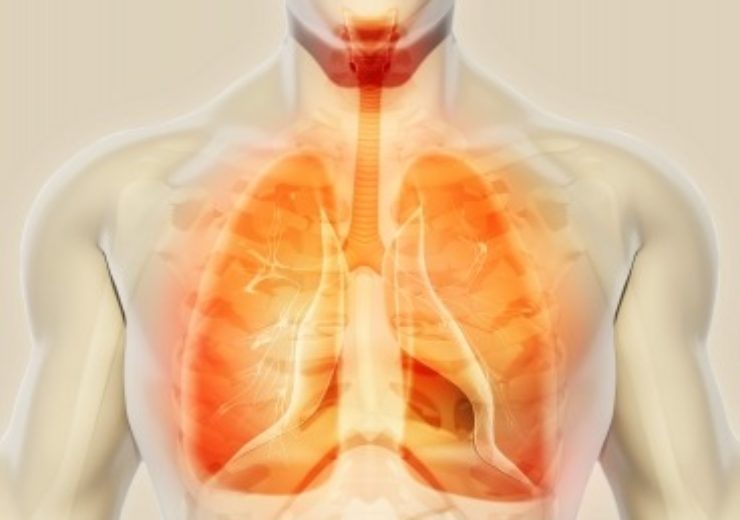Data presented at CHEST 2019 demonstrates the efficacy of the Monarch Platform in reaching nodules and biopsy tissue

Image: Auris Health reports positive results for Monarch Platform. Photo: Courtesy of yodiyim/FreeDigitalPhotos.net
Johnson & Johnson Medical Devices Companies subsidiary Auris Health has announced results from a study showing the safety and feasibility of its Monarch Platform, a robotic technology used in diagnostic and therapeutic bronchoscopic procedures.
Data from the company’s BENEFIT study was presented in a late-breaking session at CHEST 2019 Conference in New Orleans, Louisiana.
The BENEFIT study assessed the safety and feasibility of using a robotic system to help support the diagnosis of peripheral pulmonary lesions that are 1-5cm in size. During the study, investigators performed robotic-assisted bronchoscopy using the Monarch Platform on 55 patients across five study sites.
The Monarch Platform, which claims to have localised targeted nodules, used a combination of direct visualisation, navigational guidance and radial endobronchial ultrasound (R-EBUS).
Procedures in 52 out of 55 patients were a success
The primary effectiveness endpoint, localisation of targeted pulmonary lesions, was reported to be a success in 52 out of 54 (96.3%) procedures.
It was also reported that pneumothorax occurred in two out of 55 (3.6%) procedures, and required tube thoracostomy was reported in one out of 55 (1.8%) procedures. No additional serious adverse events were reported.
Auris Health chief operating officer Josh DeFonzo said: “The results from the BENEFIT study demonstrate the potential of Monarch to help physicians diagnose these hard-to-reach lesions.
“We are very encouraged by the results of the BENEFIT study and are thrilled to be making a positive impact on the diagnosis of lung conditions. We will continue to build robust clinical evidence around the Monarch Platform to support its use in interventional pulmonology.”
Hillenbrand Professor of Thoracic Oncology and Medical University of South Carolina lung cancer pulmonologist Gerard Silvestri said: “This is the first prospective, multicenter study of robot-assisted bronchoscopy in patients with undiagnosed lung lesions.
“We were able to safely perform the procedure and successfully localize lesions in 96% of cases. This data suggests robot-assisted bronchoscopy is feasible and may improve bronchoscopists’ ability to effectively localize peripheral lesions. The promising results of this study warrant further evaluation in additional prospective studies where yield can be better assessed.”
After Auris Health commercially launched the Monarch Platform last year, more than 1,000 procedures were claimed to have been performed using the technology in the US.
